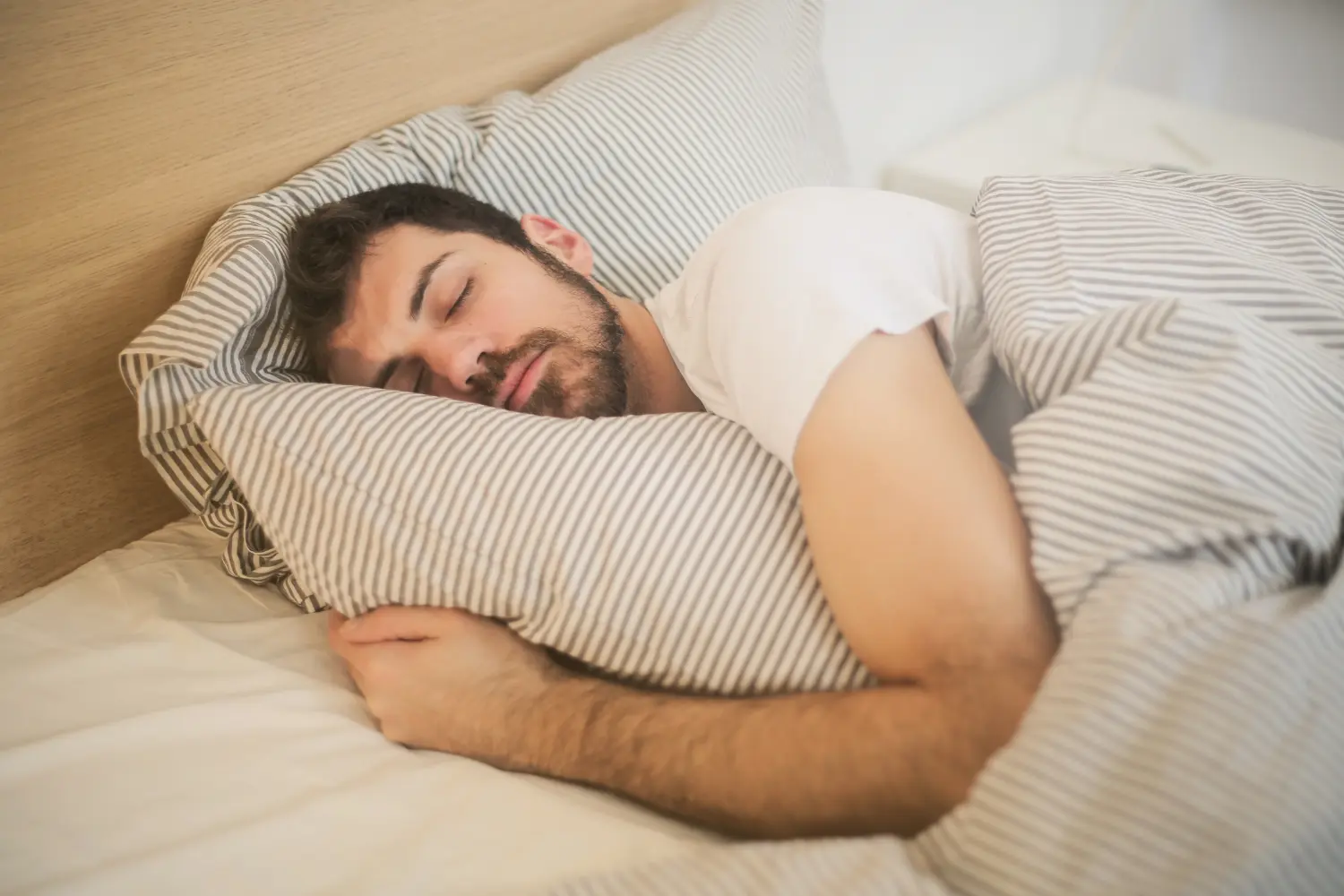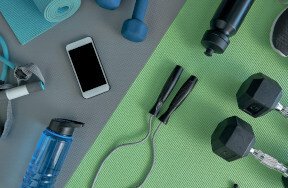The Coronavirus: What Is It? & How Can We Stay Healthy?
What to believe and how to stay safe.
Mar 13, 2020Everyone is talking about the new virus, COVID-19, that has spread across the nation and the world. Other parts of the world have have been dealing with its effects for a few months, but only recently has it hit home in the United States. People are calling off their travel plans, all major sports leagues have postponed their seasons, and your school may have cancelled events and even classes.
So how should you feel about all of this? There’s no need to freak out. Scientists, health professionals and your local public officials have the skills and knowledge to guide us safely through outbreaks like this. It’s important to follow their recommendations and be cautious, but calm. Follow simple, common-sense hygiene measures and avoid opinion or hype you may see on social media or TV. We all have a role to play in the safety of our communities, and we’re all in this together!
 Follow the advice of your healthcare professionals.
Follow the advice of your healthcare professionals.
Coronavirus: What is it?
- Many types of coronaviruses have existed before COVID-19. These viruses cause mild cold symptoms. This new coronavirus is called a “novel coronavirus” because it has not been seen in humans before.
- The outbreak began in Wuhan, China in December 2019. Experts suspect that the virus spread from animals to humans at a market selling live seafood and animals. Now, the virus is spread from person to person and there is absolutely no reason to believe that people can contract it from pets.
 COVID-19 spreads through droplets in the air. It also spreads through surface contact.
COVID-19 spreads through droplets in the air. It also spreads through surface contact.
- The most common symptoms are fever, cough and shortness of breath. Some people may experience aches and pains, stuffy nose, runny nose, sore throat or diarrhea. So far, more than 80% of those affected have had mild or no symptoms.
- The virus spreads from person to person through small droplets in the air when coughing or sneezing or when people are in close contact with one another. It can also spread on surfaces.
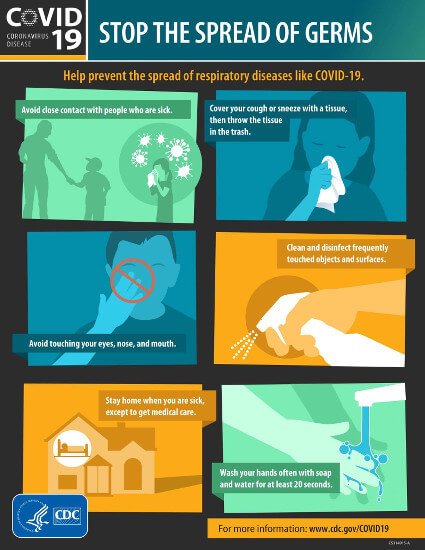 Simple actions can help you fight the spread of COVID-19.
Simple actions can help you fight the spread of COVID-19.
- The CDC (Centers for Disease Control) recommends that all infected people be quarantined (isolated from others) until they feel better.
- It appears that most patients who have gotten very sick from the virus include older adults and people who have medical conditions like heart disease, diabetes and lung disease. These individuals should take extra precautions.
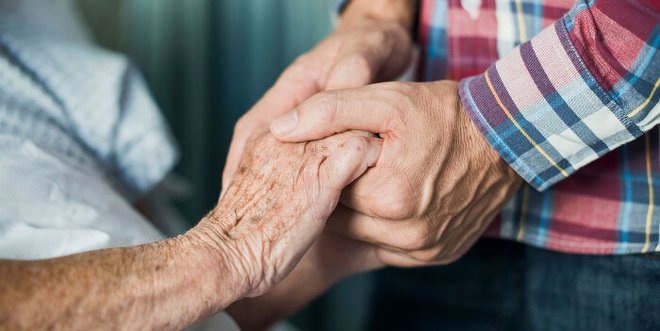 Older adults need to take extra precautions.
Older adults need to take extra precautions.
- The CDC recommends that all people in public places wear a cloth mask.
- People who have flu-like symptoms should stay home and call their health care professional. They should not go to the hospital.
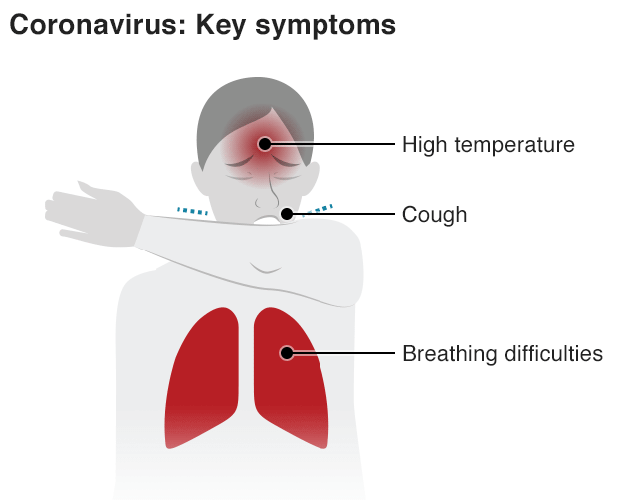 If you are having symptoms, call your health care provider, but don't go to their office or the hospital unless they tell you to.
If you are having symptoms, call your health care provider, but don't go to their office or the hospital unless they tell you to.
Simple ways to stay healthy
- Wash your hands with soap and water for at least 20 seconds throughout the day.
- Avoid touching your eyes, nose and mouth with unwashed hands.
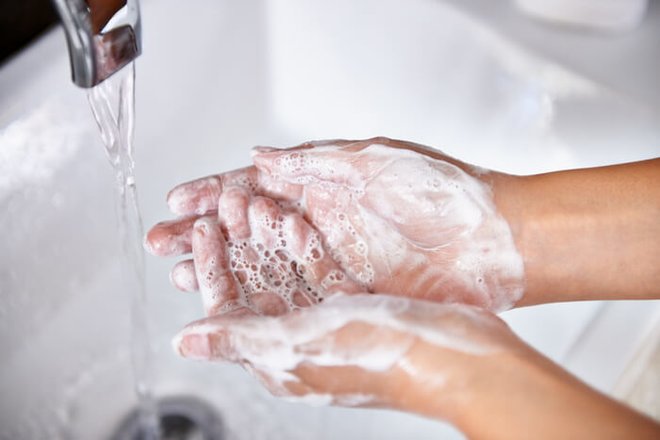 Wash your hands especially before eating and after using the bathroom.
Wash your hands especially before eating and after using the bathroom.
- Avoid close contact with people who are sick.
- If you are overtired or aren’t feeling well, rest. If you become sick, stay home.
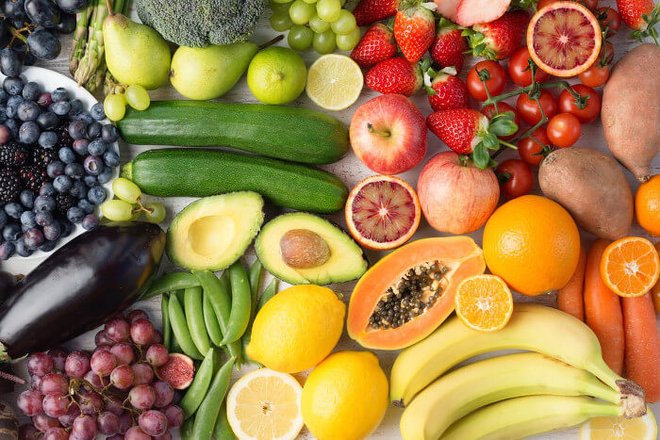 Fruits and veggies have disease-fighting nutrients. Eat them to stay strong.
Fruits and veggies have disease-fighting nutrients. Eat them to stay strong.
- Cover your mouth and nose with a tissue when you cough or sneeze, or use the inside of your elbow.
- Practice healthy habits to keep your immune system strong. Get plenty of sleep (at least 8 hours), eat fruits, vegetables and whole foods, and be active.
 Don't save all your sleep for weekends! Try to get at least 8 hours a night for a healthy immune system.
Don't save all your sleep for weekends! Try to get at least 8 hours a night for a healthy immune system.
- Throw used tissues in the trash immediately.
- Avoid sharing belongings with friends.
- If handwashing is not possible in certain situations, such as when you’re in public, use hand sanitizer that contains at least 60% alcohol. Rub your hands together until they’re dry.
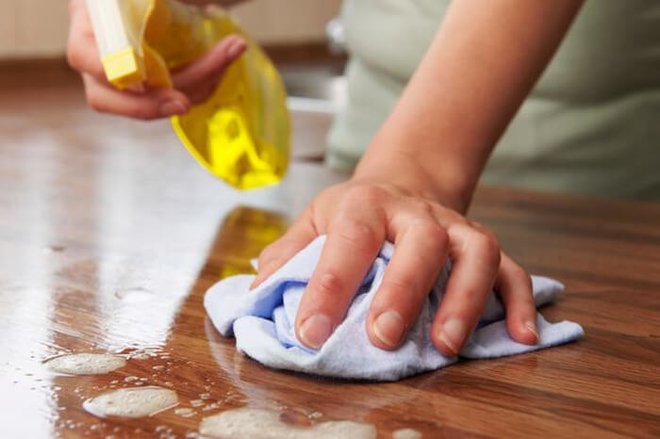 Wiping off surfaces that are used often goes a long way towards fighting germs.
Wiping off surfaces that are used often goes a long way towards fighting germs.
Courtesy of The Wall Street Journal
- Disinfect dirty surfaces. Run a disinfectant wipe over things that are used all of the time, like tables, doorknobs, light switches, countertops, handles, desks, phones, keyboards, toilets, faucets, and sinks.
- Follow your community’s recommendations about social distancing (reducing contact with other people). You may have to reduce unnecessary travel, and fun events may be cancelled. While this stinks, know that these measures will prevent further spreading of the illness in communities all across the country.
Handwashing basics: Wet, lather, scrub, rinse, dry
Handwashing is the simplest way to stop the spread of germs! Do it especially before eating or preparing food, after blowing your nose, after coughing or sneezing, and after using the bathroom.
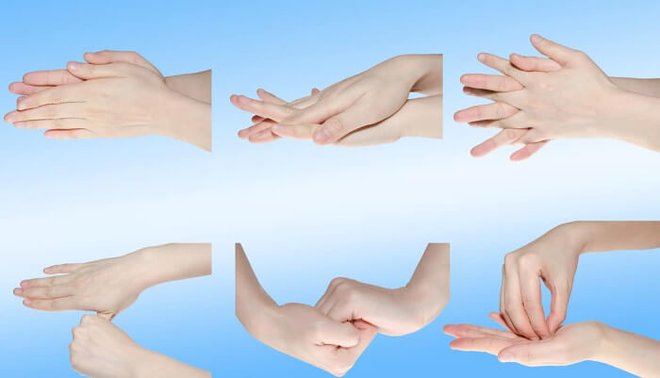 When washing your hands, remember to get the backs of your hands, between your fingers and under your nails.
When washing your hands, remember to get the backs of your hands, between your fingers and under your nails.
- Wet your hands with clean, running water. Apply soap.
- Lather your hands together. Don’t forget the backs of your hands, in between your fingers and under your fingernails.
- Scrub your hands for at least 20 seconds. Sing the “Happy Birthday” song twice in your head to help keep time if you need to.
- Rinse your hands well. Use clean, running water.
- Dry your hands with a clean towel.
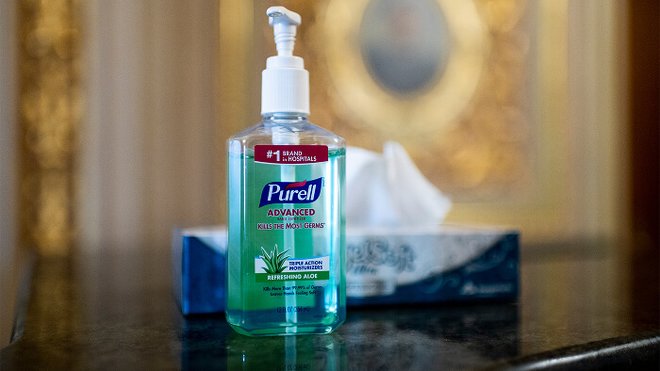 Hand sanitizer is a good alternative if you don't have access to soap and running water.
Hand sanitizer is a good alternative if you don't have access to soap and running water.
While experts are still learning about the disease, we already know that handwashing and other healthy habits can go a long way towards stopping it from spreading further. Be smart about hygiene, listen to our excellent health professionals, and know that you’re doing your part to keep yourself, and others, healthy.
What You Need To Know About Handwashing
Share With Kidzworld
What are your thoughts on COVID-19? Read more important facts about the virus and about what you can do to fight it, next week on Kidzworld.































